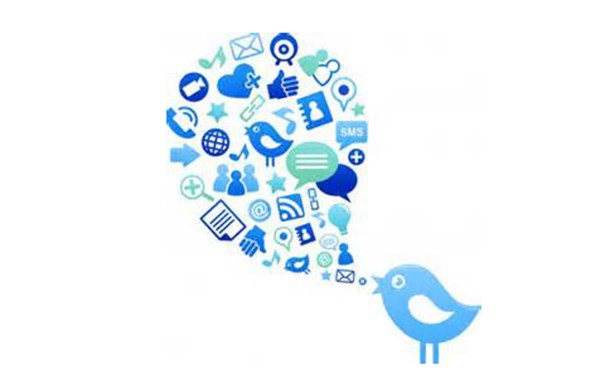I’m sure it seems like a great idea at the time. Some young marketing whiz fresh out of school with a master’s degree and some enthusiasm decides that what their company needs is some “engagement” with their consumers, and what better way to do that than with the Internet? We’ll get random, anonymous people to do our job for us…. What could go wrong?
What, indeed?
Oh, many a marketer has fallen prey to those words. Take McDonald’s, for example. Those folks are certainly no slouches when it comes to marketing and business, yet they asked the world to share their favourite McDonald’s memories using a specific hashtag on Twitter – to disastrous results. Of course they wanted people to share positive memories or experiences; however, we are talking about the Internet… and people… so, of course they shared things like the time they got sick from a burger or diabetes from drinking all the super-sized pop. Y’know, funny things like that.
But, it isn’t just McDonald’s. Plenty of huge, and usually smart, businesses have failed miserably when it comes to interacting with people online. Take Microsoft, the tech giant who, along with Apple, pretty much dominates the computer industry. Microsoft attempted to engage millennials and be on the cutting edge, recently, by launching a “chatbot” called Tay aimed at 18-to-20-year-olds. A chatbot is artificial intelligence (or AI) that you can text or chat with, like Siri on your iPhone. They’re supposedly going to be the future of the Internet, so Microsoft wanted to experiment with “conversational understanding.” You see, Tay was designed to “engage and entertain people where they connect with each other online through casual and playful conversation,” according to Microsoft. “The more you chat with Tay, the smarter she gets.”
Well, that wasn’t exactly the case. Because Tay was designed to learn from the people she chats with and to mimic their language, she had to be shut off within hours of the launch – because she began citing Hitler, spouting racist tweets and declaring her support for Donald Trump as president of the U.S. Yes, the good folks of the Internet taught this poor innocent computer to be a racist, Nazi, Trump booster within only a few scant hours.
Another great recent example of how online denizens can hijack brands and companies was the Natural Environment Research Council’s attempt to get the Internet to name its new research vessel. The U.K. agency put out a poll online, requesting names. And what name did about 125,000 people chose for the stately and proud 300-million-pound British naval polar research vessel? Boaty McBoatface. Oh yeah, you read that correctly. Boaty McBoatface. Of course, the staunch Brits have rejected that name, despite citizens crying a foul on the democratic process, and will come up with their own moniker for the ship, apparently.
But the experience, and that of poor, racist, Hitler-loving Tay, serves to only highlight the need to be very wary when you choose to have people interact with your brand or company online. Sure, it seems like a great idea at the time, but it’ll probably always end up with people talking about diabetes, diarrhea and Donald Trump.




